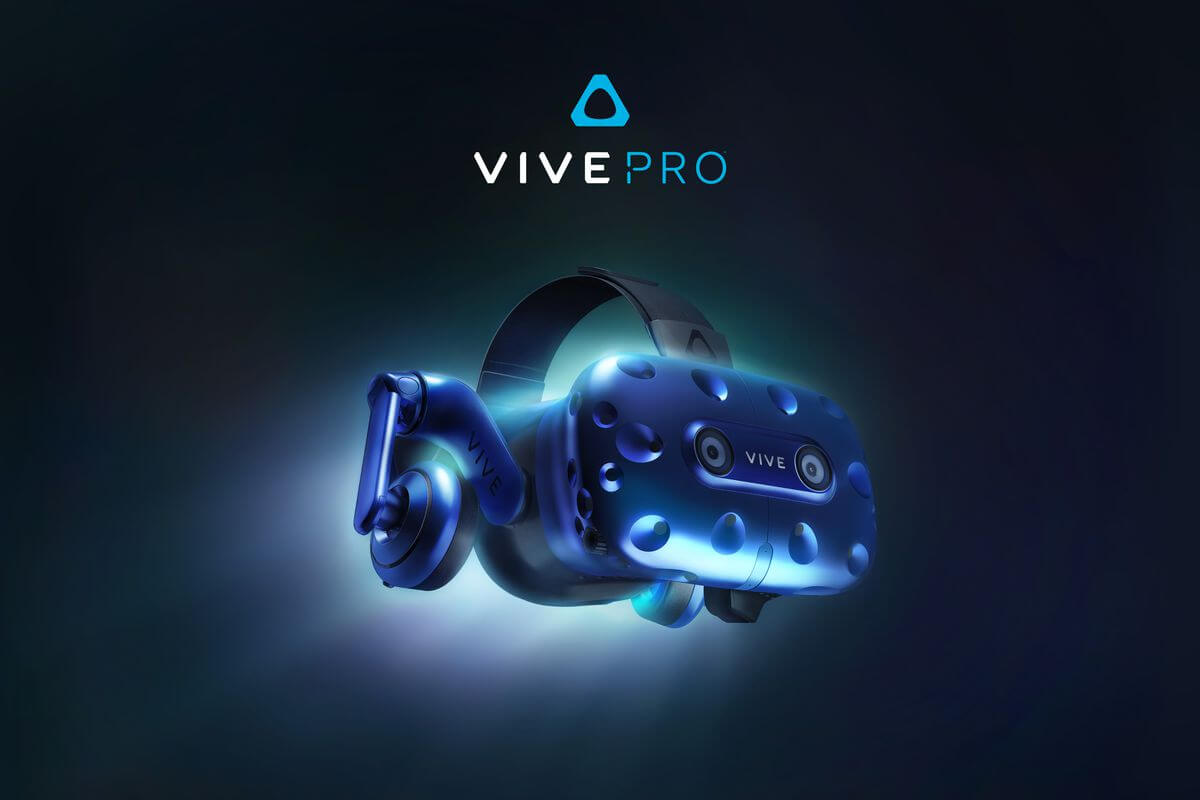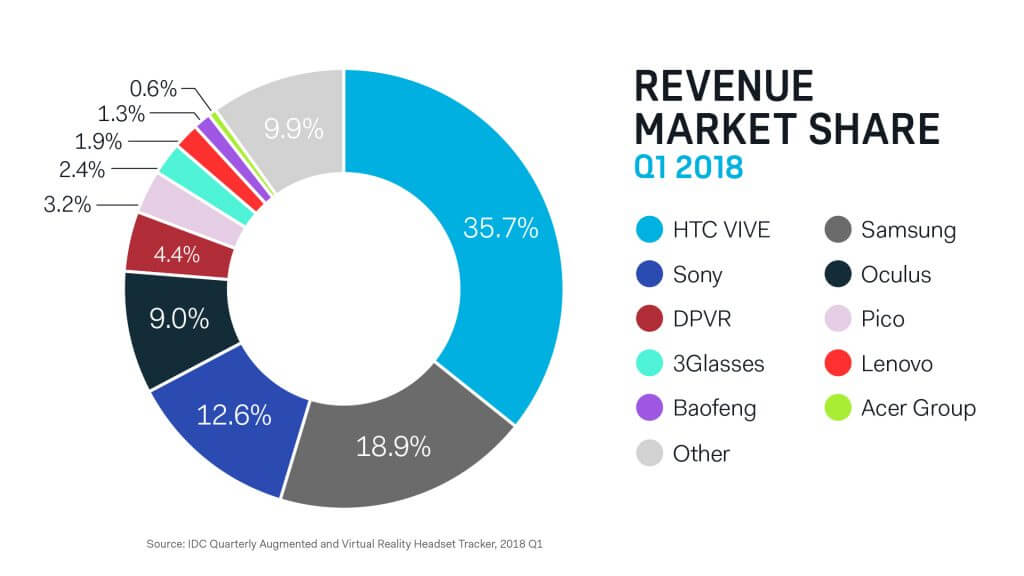Bottom line: Despite HTC's words, it's hard to see the virtual reality market improving anytime soon. Many headsets, such as the Vive Pro, remain prohibitively expensive for most people---it costs $1400 for the complete setup. Virtual Reality as a technology is amazing, but it needs to keep on improving with more content, better devices, cheaper options, and killer apps if it ever wants to become mainstream.
The new wave of virtual reality was supposed to revolutionize not just the way we play games but also how we consume content. Yet two years since the launch of the Oculus Rift and HTC Vive, interest among consumers is waning and sales are reportedly falling. All of which begs the question: is VR dying? HTC doesn't think so, and it has written a blog post explaining why.
"Have you heard the news? Analyst reports are in and apparently, it's curtains for Virtual Reality (VR). Pardon us if we're not heeding the alarms. News of the so-called death of VR comes once a year and is greatly exaggerated," writes the Taiwanese firm.
HTC highlighted a recent report from Digital Trends that looked at Amazon data for VR headsets, including the Vive. It showed all were experiencing sales declines, but HTC says it's because of a depleted inventory. "VIVE has paced at its highest sales velocity of all time, for weeks on end, and we sold out. For a consumer electronic product in its third calendar year, this continued trajectory is nearly unheard of."
"Don't worry, though: we are ramping up production of the original Vive and units will continue to roll out to online and retail over the coming weeks," it said.
HTC claims the Amazon report doesn't tell the entire story. It says more businesses are adopting VR solutions for entertainment centers and training purposes. "These numbers don't hit consumer forecasts, and therefore, are not included in the reports."
HTC makes no mention of why other VR headsets, such as the PlayStation VR, might also be suffering from falling Amazon sales, though it does note that phone-powered systems including the Gear VR are declining because of "units that were largely used as promotional devices for phone launches,.
HTC goes on to praise an International Data Corporation (IDC) report that places the Vive as the market leader in the virtual reality space. IDC states that HTC holds 35.7 percent of the VR market, while Samsung is in second with 18.9 percent.

